new to the gluten free journey?
new to the gluten free journey?
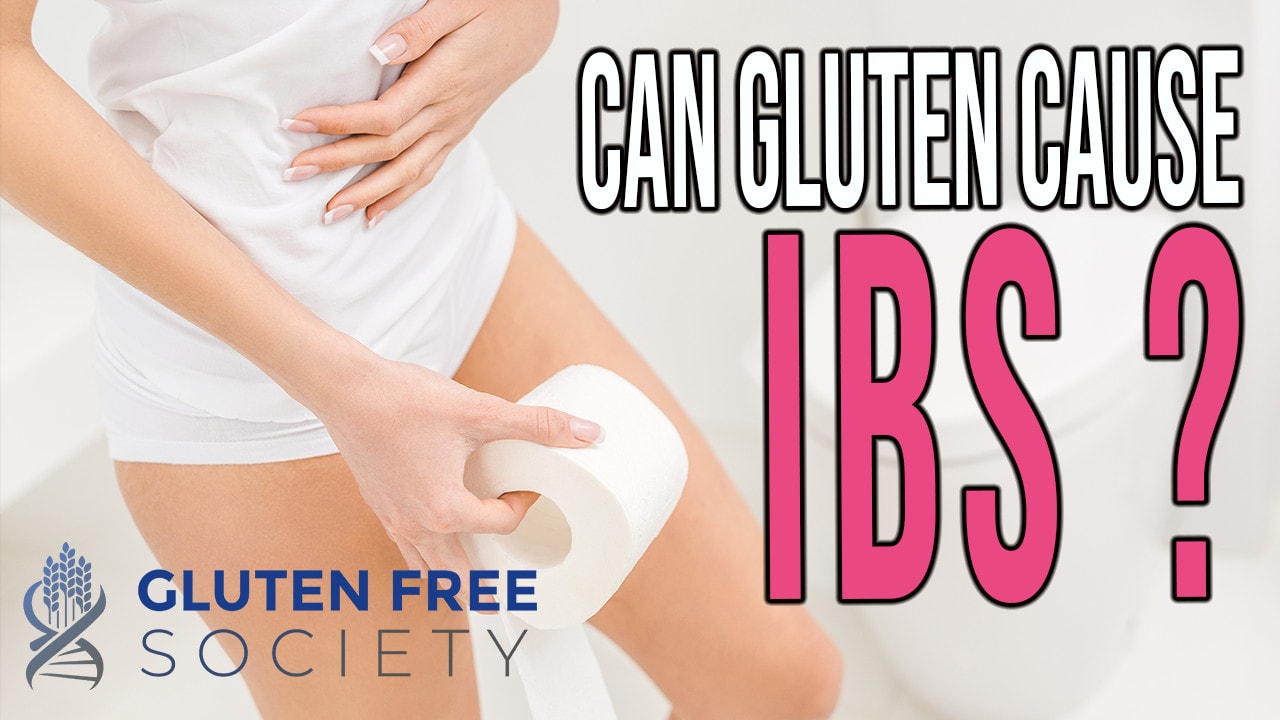
Contents
Toggle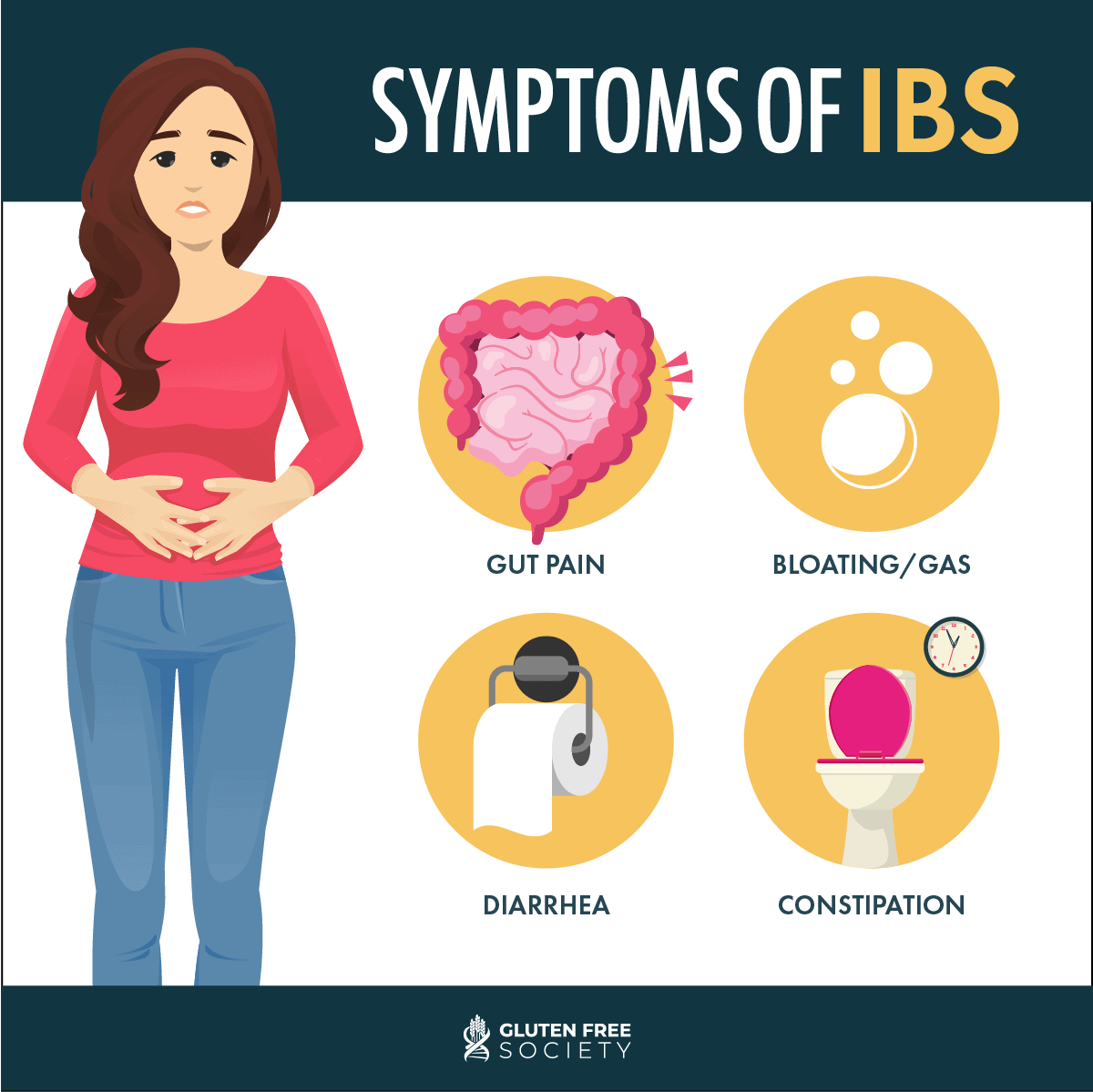
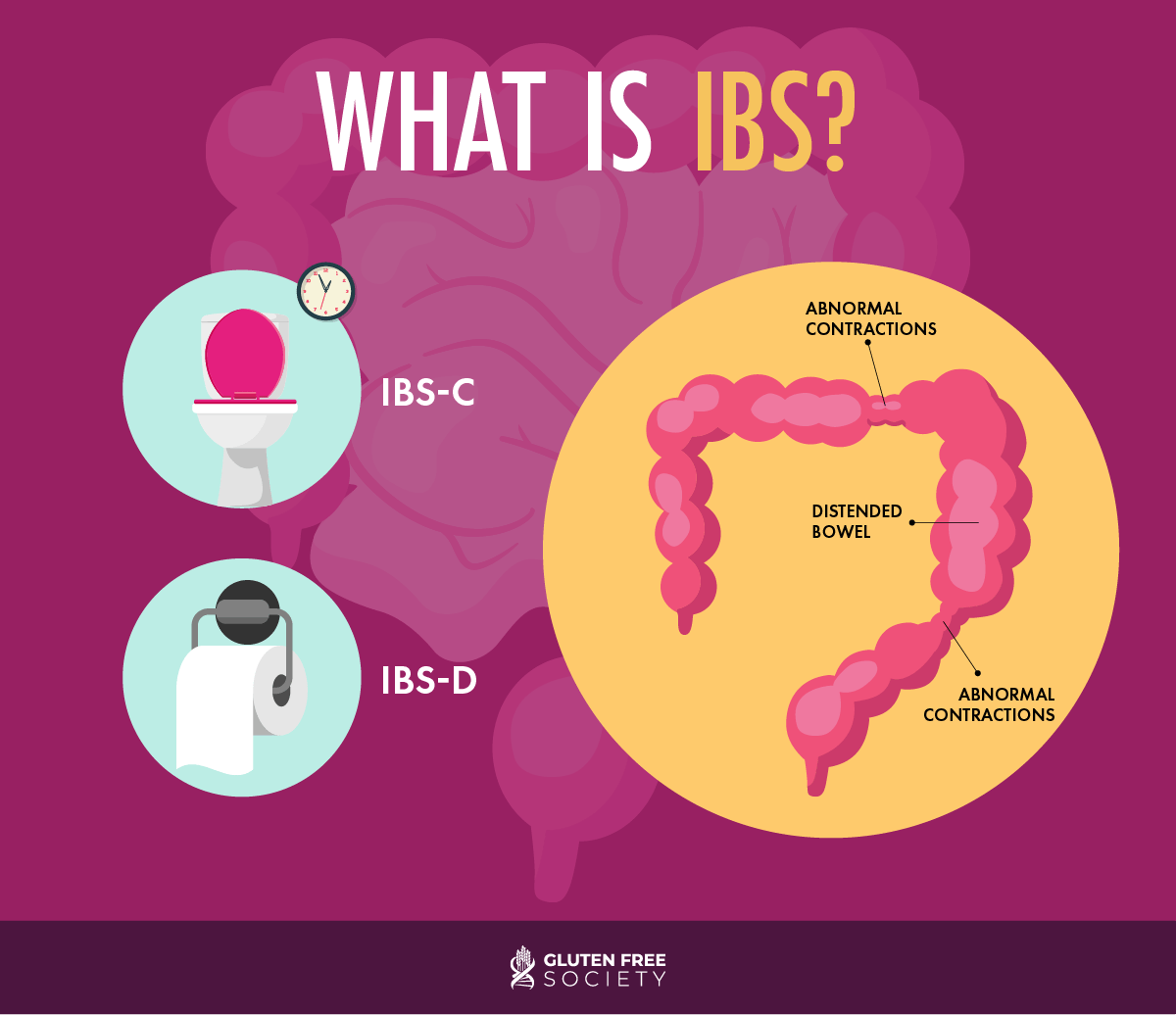
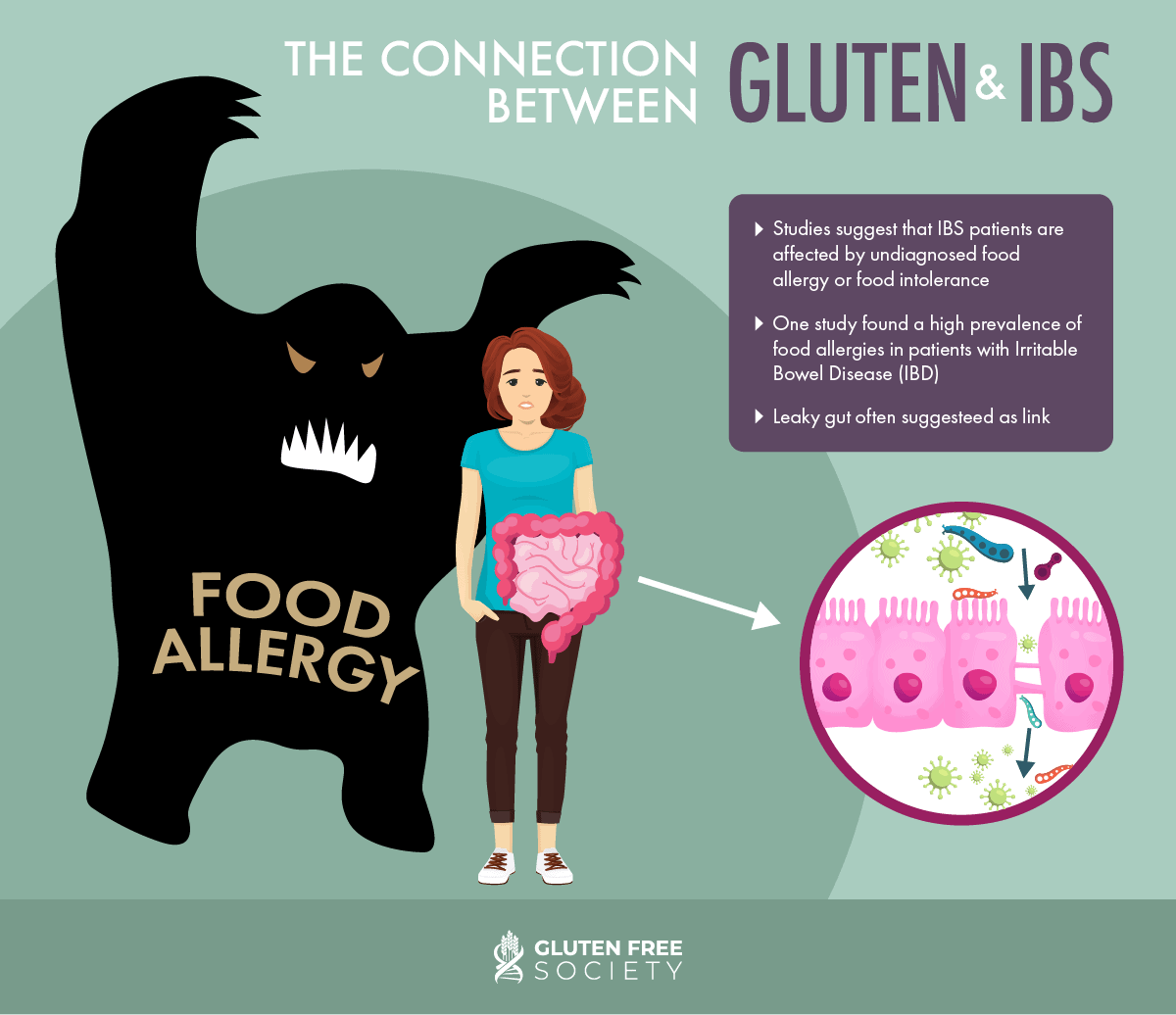
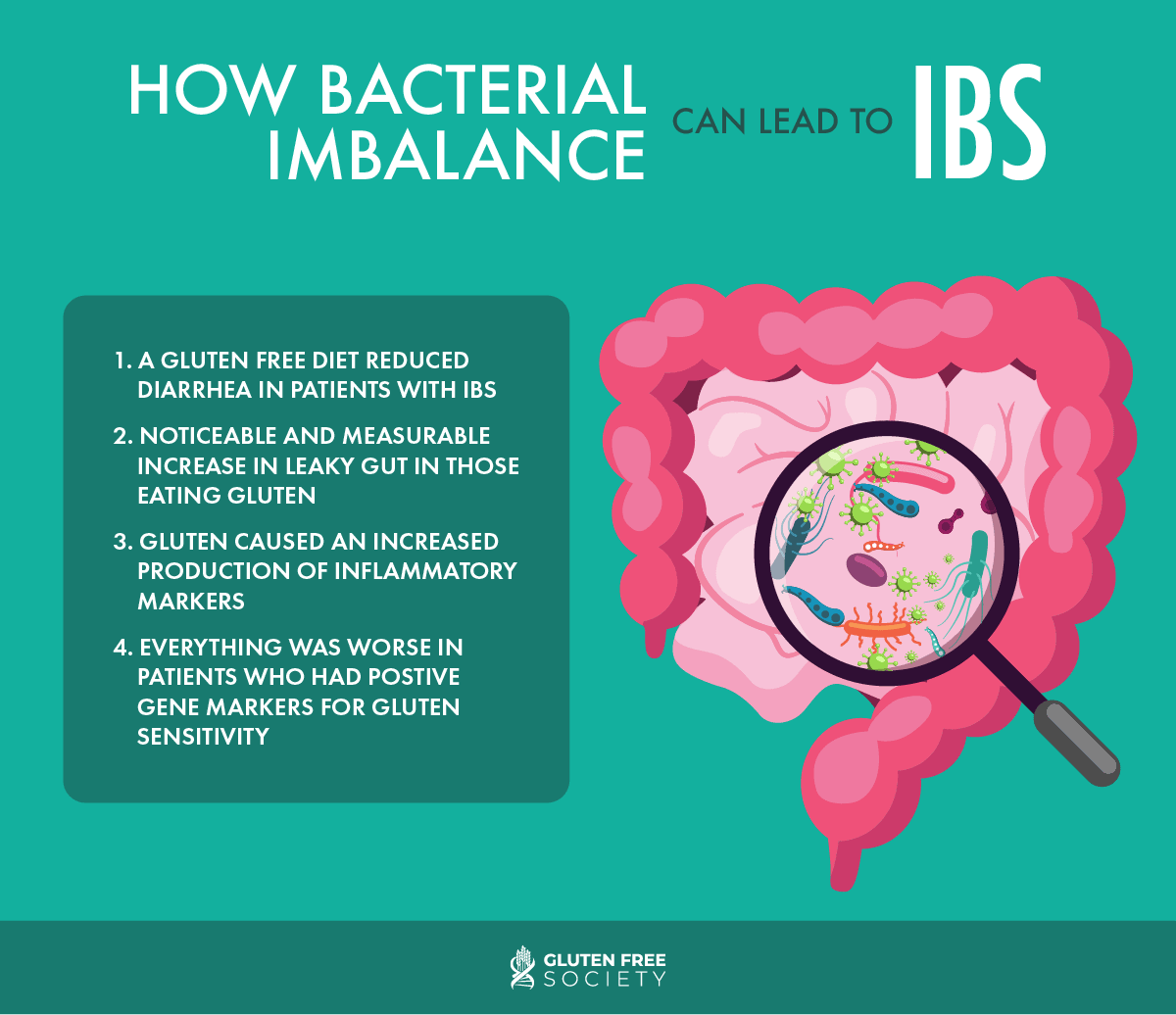
Stay up-to-date with the latest articles, tips, recipes and more.

*These statements have not been evaluated by the Food and Drug Administration. This product is not intended to diagnose, treat, cure or prevent any disease.
If you are pregnant, nursing, taking medication, or have a medical condition, consult your physician before using this product.
The entire contents of this website are based upon the opinions of Peter Osborne, unless otherwise noted. Individual articles are based upon the opinions of the respective author, who retains copyright as marked. The information on this website is not intended to replace a one-on-one relationship with a qualified health care professional and is not intended as medical advice. It is intended as a sharing of knowledge and information from the research and experience of Peter Osborne and his community. Peter Osborne encourages you to make your own health care decisions based upon your research and in partnership with a qualified health care professional.
One Response
I have a 3 year old that have diarrhea everyday no form to his poop in about a year. He recently was diagnosed with autism and a picky eater now we are on a grain free diet. His diet consists of pork and turkey bacon, blueberries, baked sardines, kombucha, beef with cheese tacos (grain free shell) and lollipops sweeten with stevia. We are about 80% organic. He a big water drinker. What tips can I do to help him? Probotics? He also have an appointment with a gastroenterologist in December. Please and Thank you.